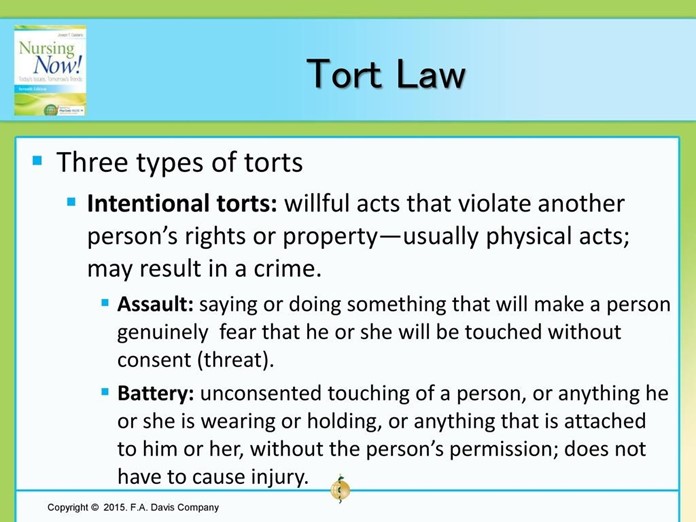A float nurse is given a client assignment that requires the use of unfamiliar skills and techniques. Which of the following actions should the nurse take?
Provide client care as assigned.
Request the charge nurse to modify the assignment.
Make a formal complaint to the nursing manager.
Ask another nurse to trade assignments.
The Correct Answer is B
If a float nurse is given a client assignment that requires the use of unfamiliar skills and techniques, the appropriate action for the nurse to take is to request that the charge nurse modify the assignment. This will allow the nurse to provide safe and competent care to their clients.
Option A is incorrect because providing client care as assigned without the necessary skills and knowledge could compromise client safety.
Option C is incorrect because making a formal complaint to the nursing manager is not an immediate solution to the issue at hand.
Option D is incorrect because asking another nurse to trade assignments may not be feasible or appropriate.
Nursing Test Bank
Naxlex Comprehensive Predictor Exams
Related Questions
Correct Answer is ["C","D","F"]
Explanation
Situations that can lead to a tort against a nurse include repeating a rumor about a patient's personal life in a staff meeting, telling friends something unusual about a patient that was noted in the patient's chart, and forcing a patient to take medication against their will. These actions can result in legal action against the nurse for invasion of privacy or battery.
Option A is incorrect because referring a stranger to the patient or their family for details regarding the patient is an appropriate action.
Option Bis incorrect because respecting a patient's right to refuse treatment on religious grounds is an appropriate action.
Option Eis incorrect because placing an alarm on the bed of a patient prone to falling is an appropriate action to ensure their safety.

Correct Answer is B
Explanation
If a float nurse is given a client assignment that requires the use of unfamiliar skills and techniques, the appropriate action for the nurse to take is to request that the charge nurse modify the assignment. This will allow the nurse to provide safe and competent care to their clients.
Option A is incorrect because providing client care as assigned without the necessary skills and knowledge could compromise client safety.
Option C is incorrect because making a formal complaint to the nursing manager is not an immediate solution to the issue at hand.
Option D is incorrect because asking another nurse to trade assignments may not be feasible or appropriate.
Whether you are a student looking to ace your exams or a practicing nurse seeking to enhance your expertise , our nursing education contents will empower you with the confidence and competence to make a difference in the lives of patients and become a respected leader in the healthcare field.
Visit Naxlex, invest in your future and unlock endless possibilities with our unparalleled nursing education contents today
Report Wrong Answer on the Current Question
Do you disagree with the answer? If yes, what is your expected answer? Explain.
Kindly be descriptive with the issue you are facing.
